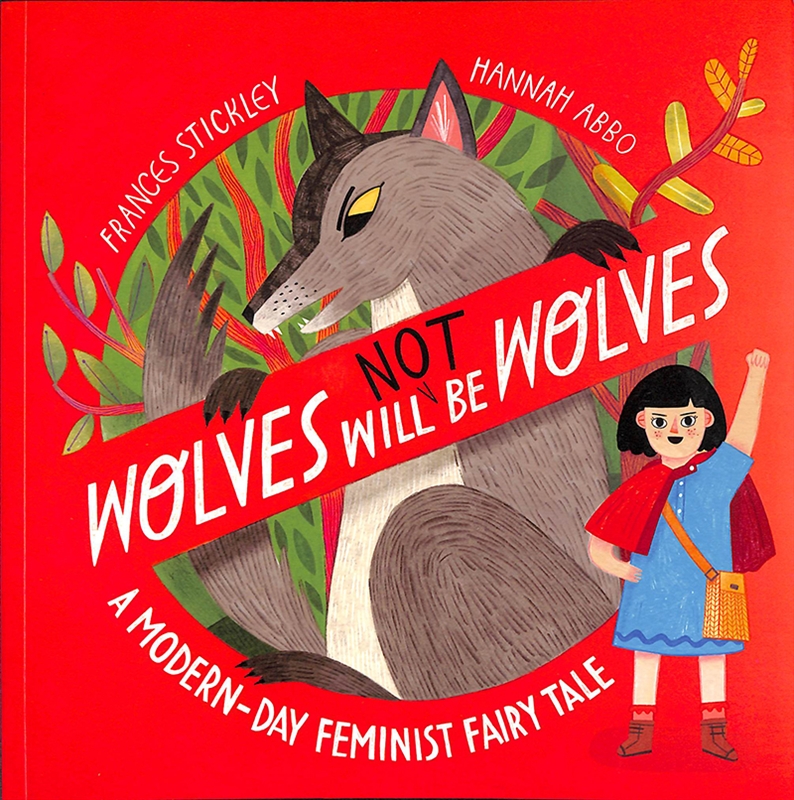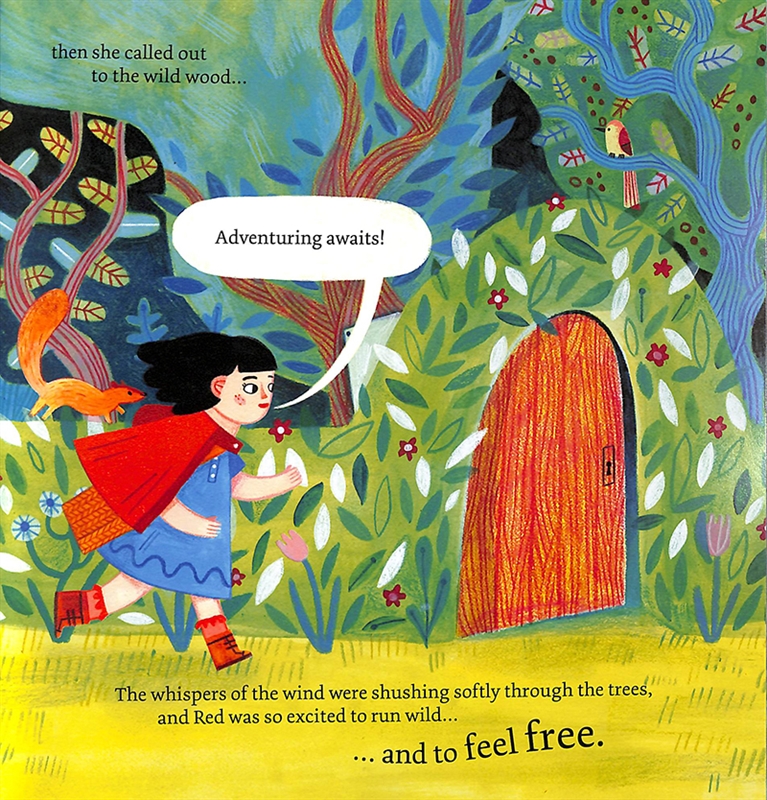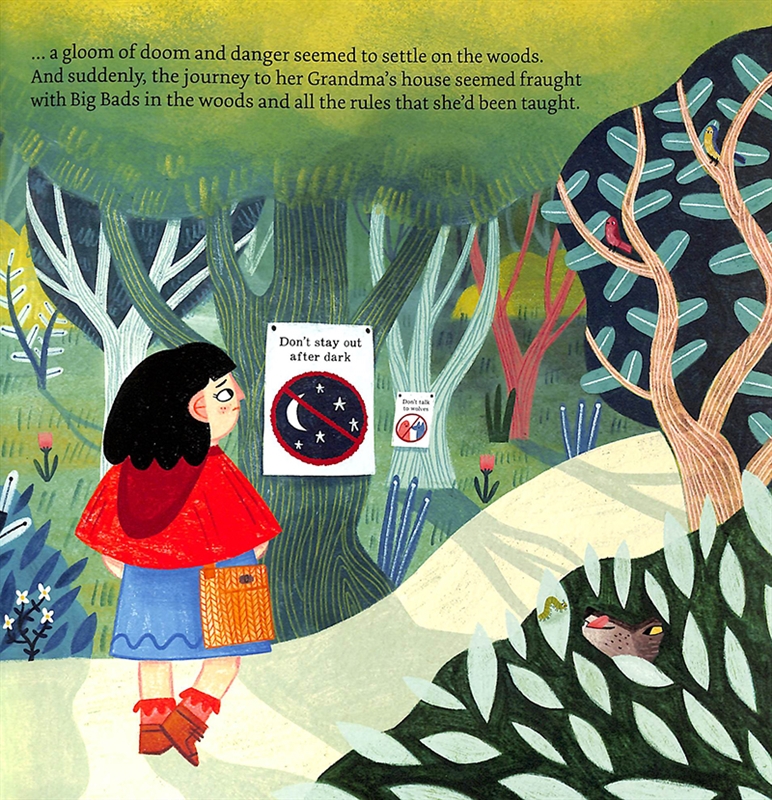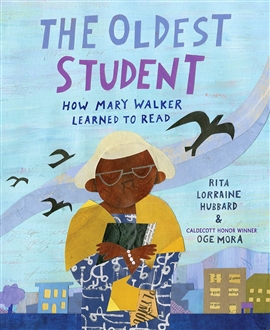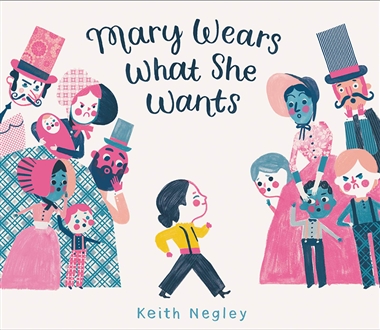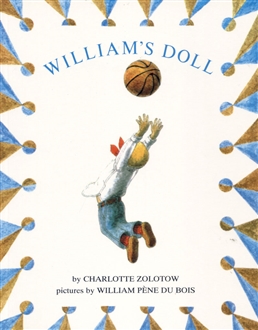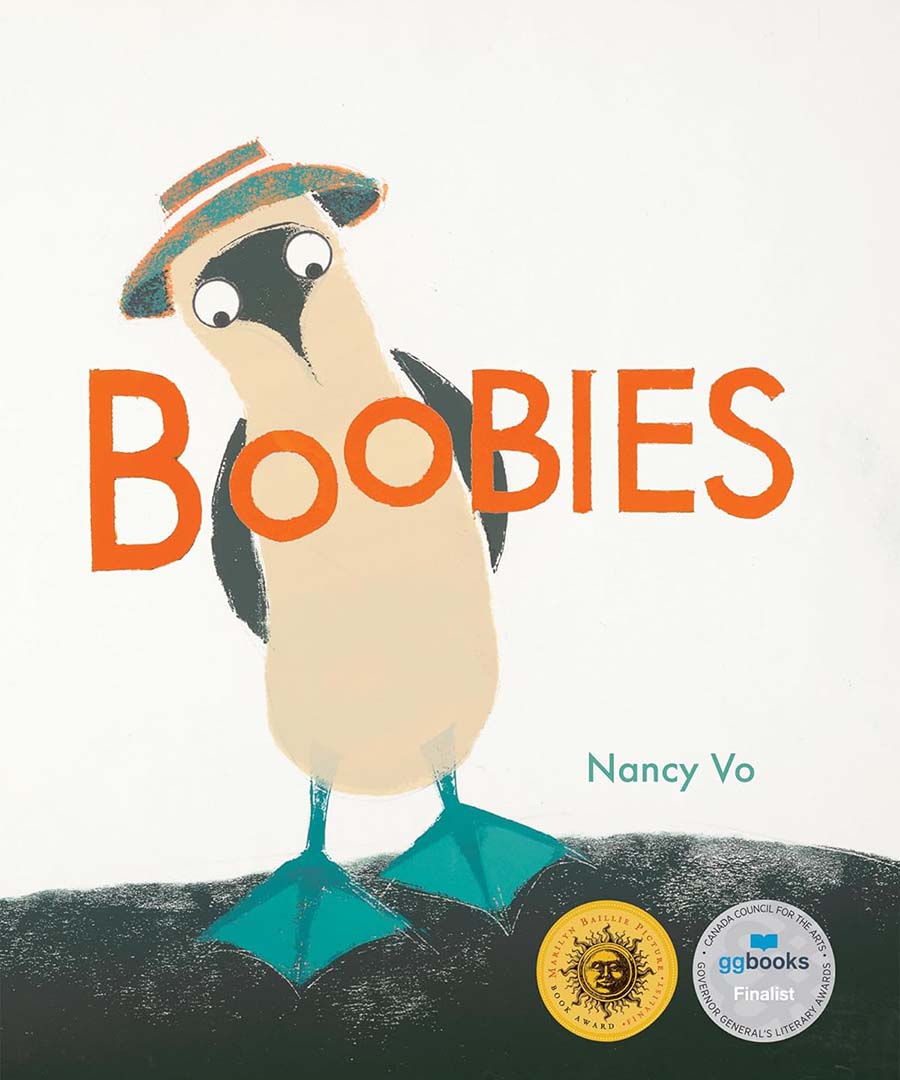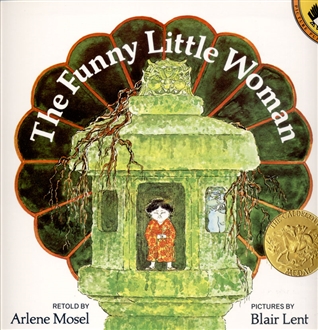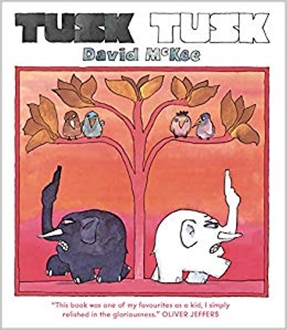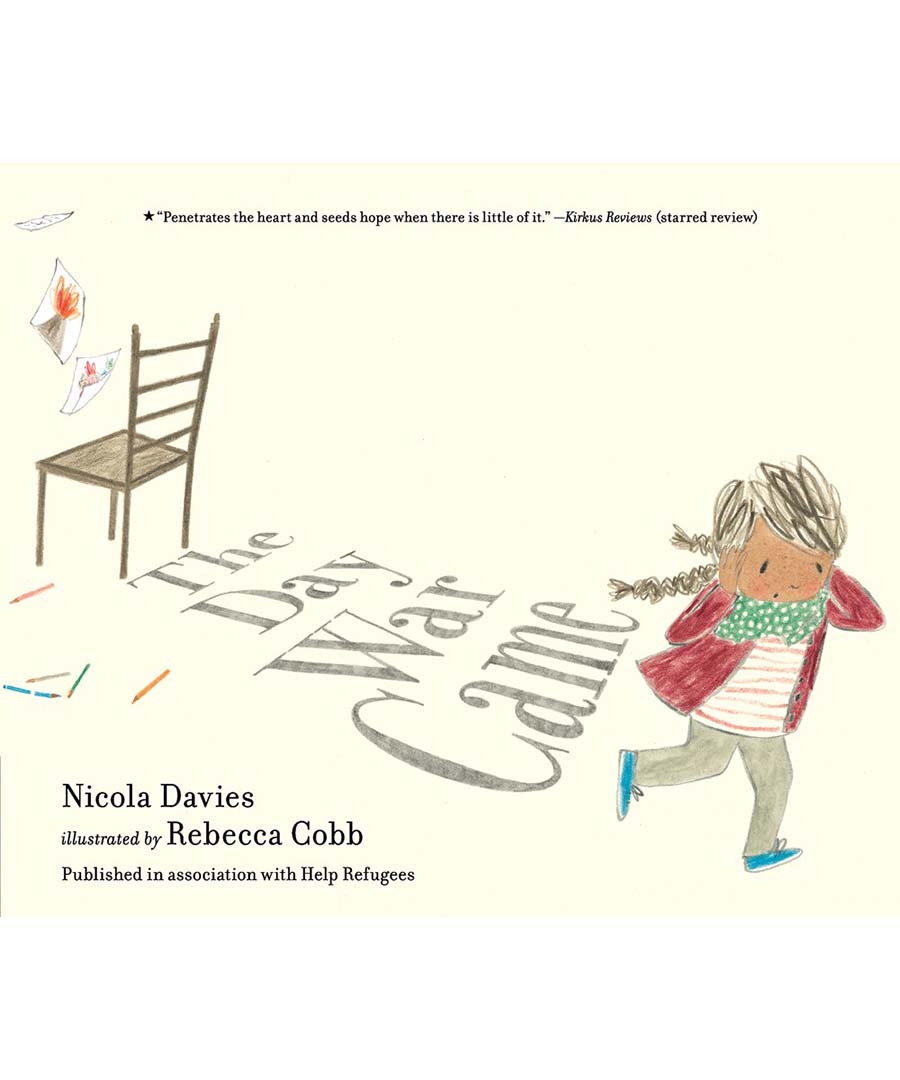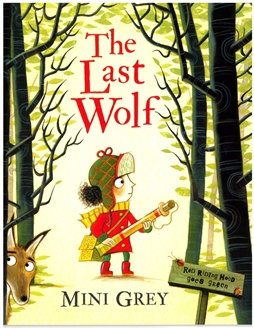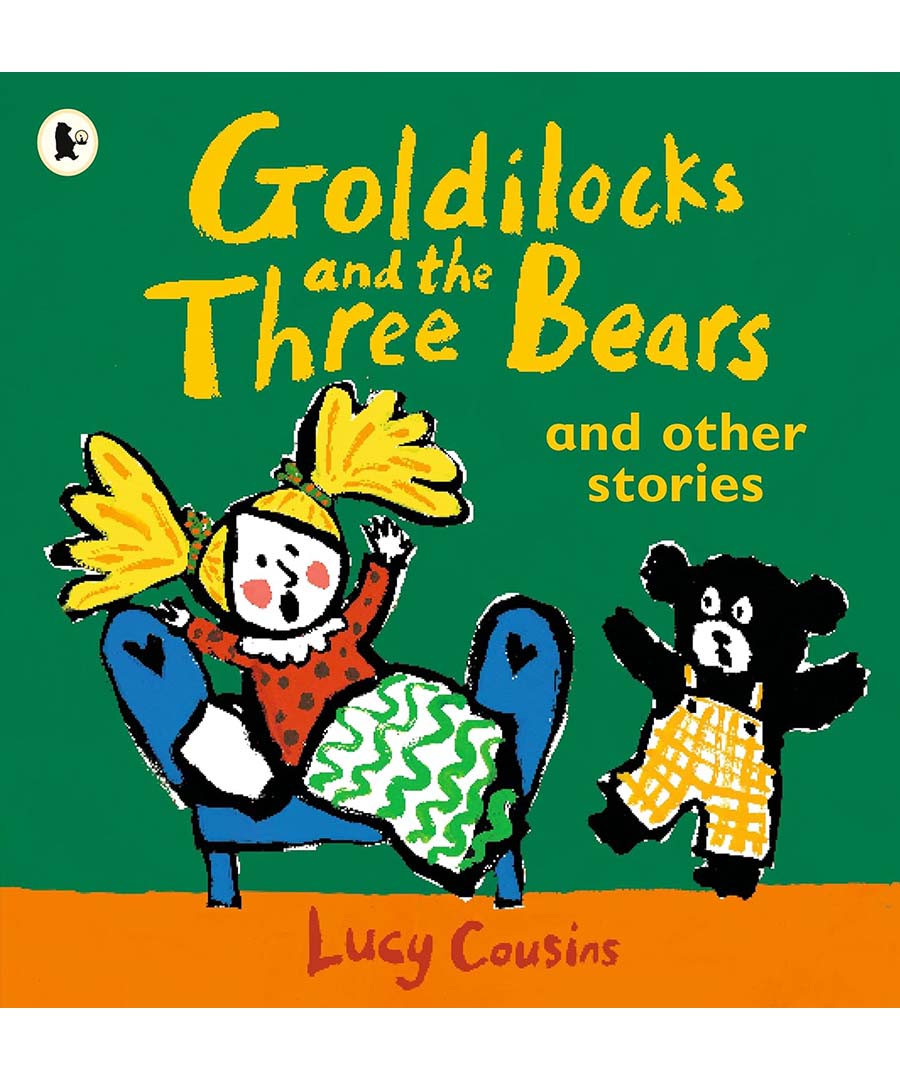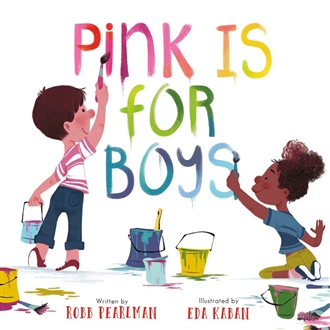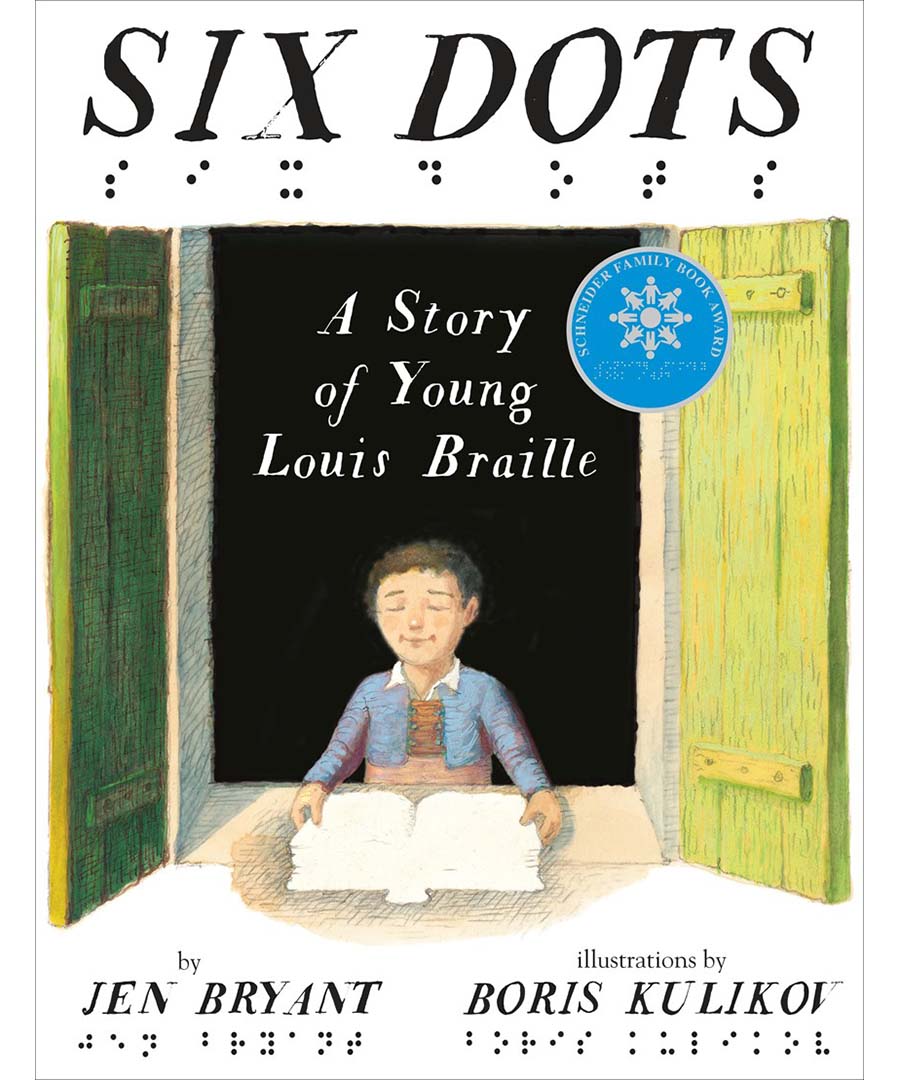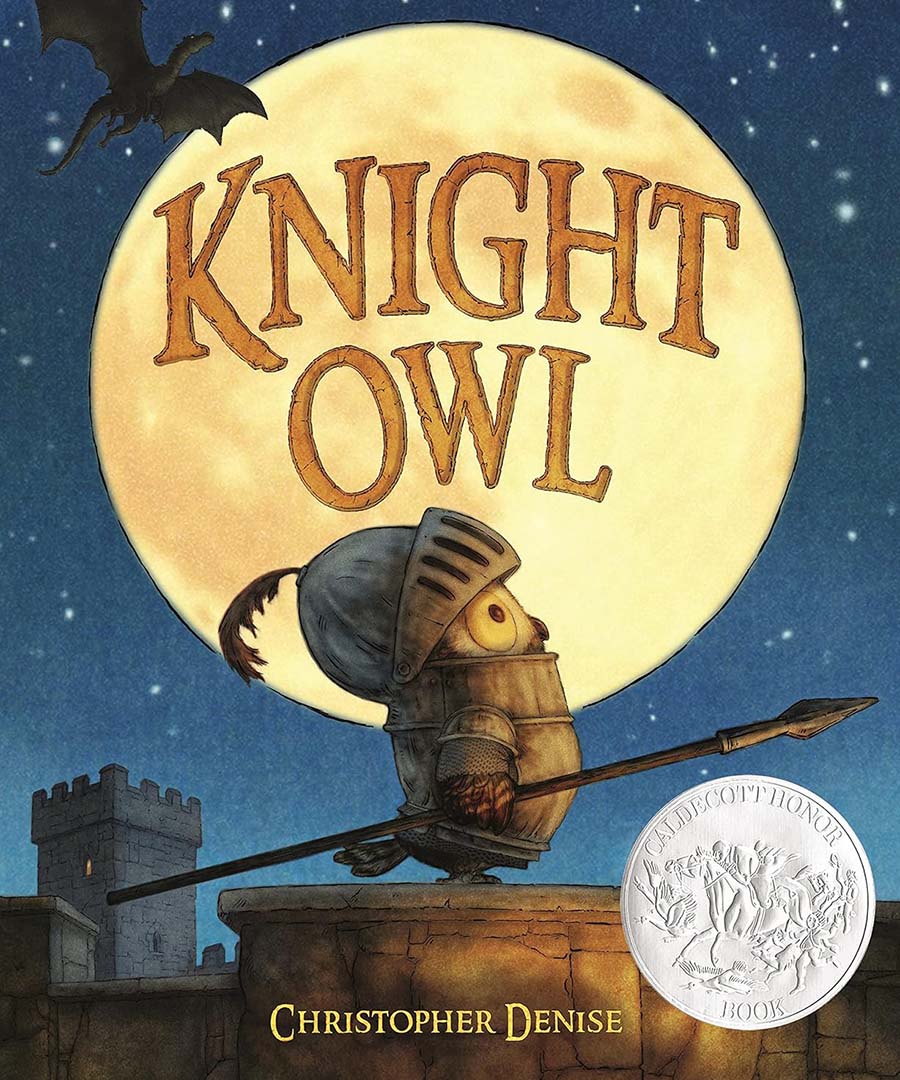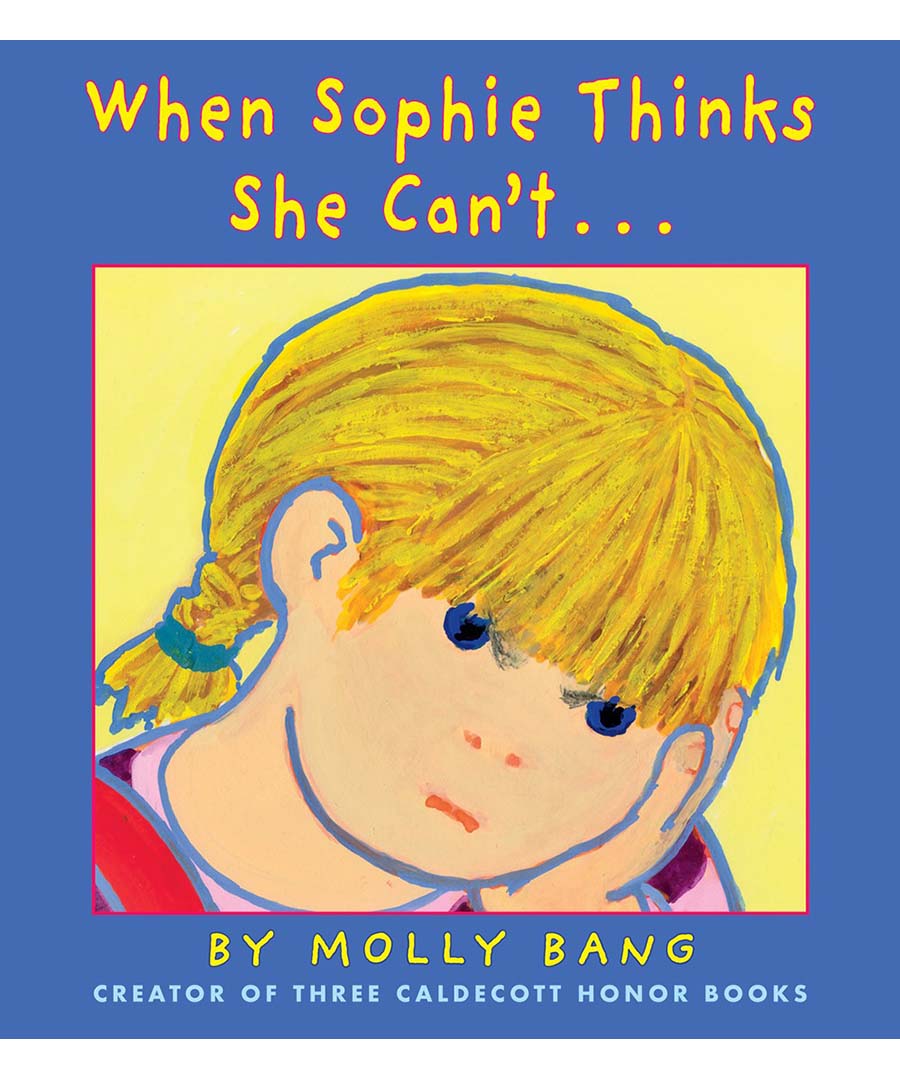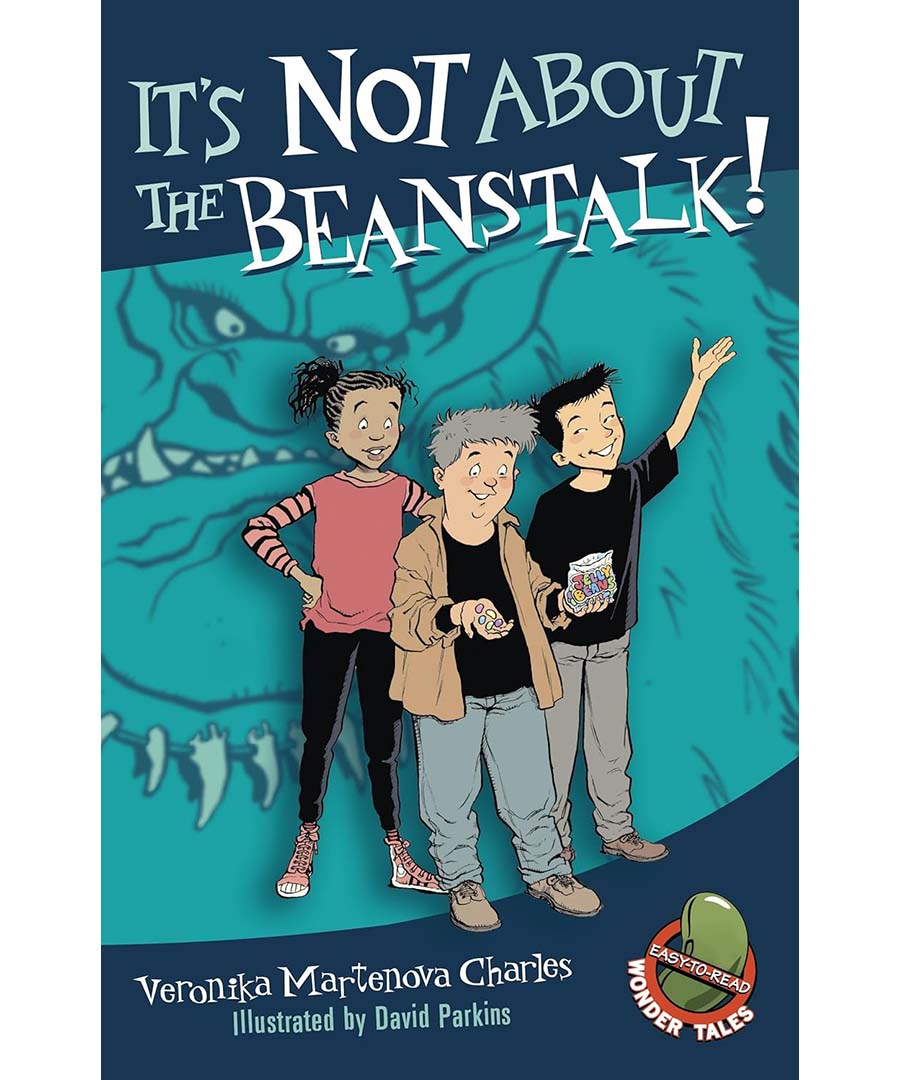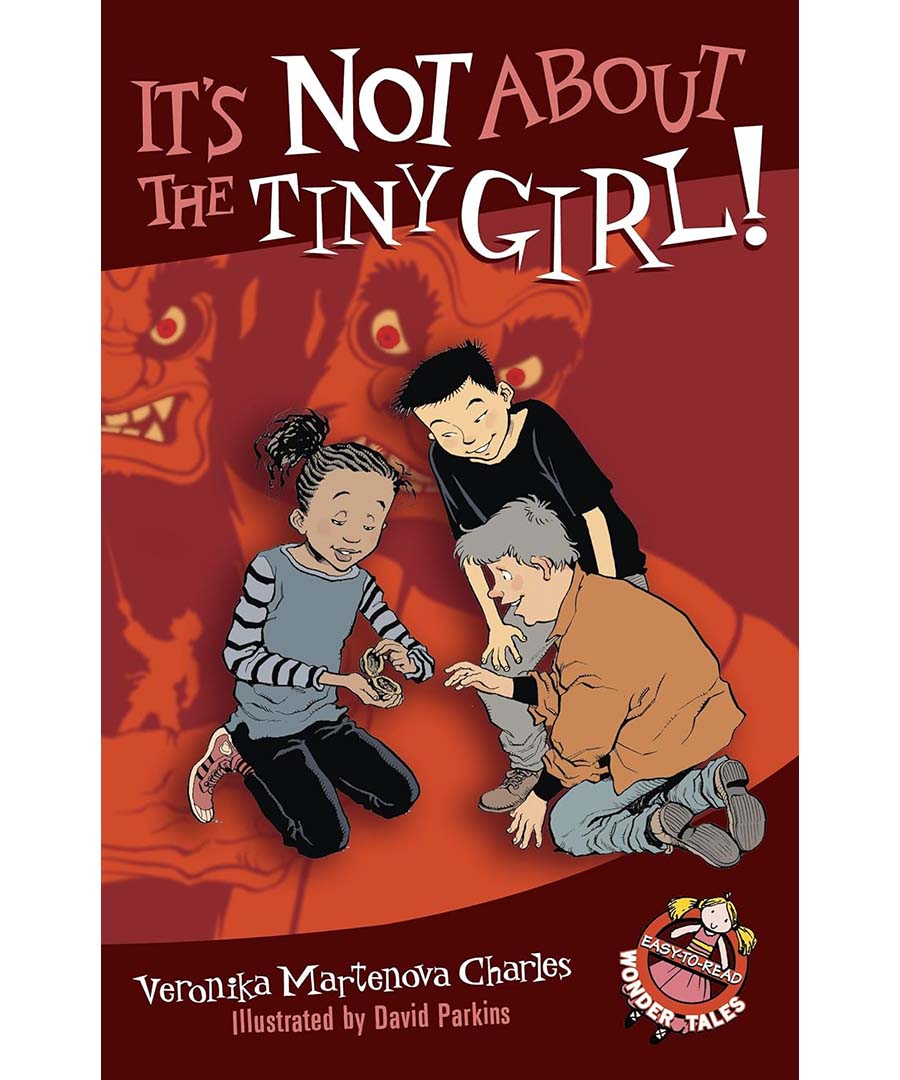小紅帽等不及要展開她的冒險,她整裝出發,奔向原野森林,
卻發現森林到處張貼著告示,「天黑不要在外逗留」、「不要跟野狼說話」⋯⋯
一開始小紅帽試著遵守規則,但心中仍然想探險。
她接連遇到金髮小女孩、糖果屋兄妹和三隻小豬警告:
「今天有大野狼出沒,你一定要乖乖聽話、遵守規則,不然就會被抓走,趕快回家躲起來。」
小紅帽越想越生氣,為什麼大野狼可以在森林裡四處遊走,她卻得乖乖躲起來?
如果規則不合理,一定得遵守嗎?
小紅帽有不同的思維,她聚集大家,拒當”聽話”的小孩,一起團結拿回於他們的森林和自由。
運用數個經典故事,重新組合與加入”思考”的核心架構,讓繪本有了不同的使命與意義。
本書非常適合和孩子談論和平正義與健全制度,也能讓孩子學習思考的重要。
The wild woods are waiting, and Little Red wants to have an adventure, but weighed down by the King's Decree to "Be Good" and warnings from other fairy tale characters that the Big Bad Wolf is about, Little Red's journey suddenly seems fraught...
On meeting Goldilocks, Hansel and Gretel and the Three Little Pigs, Little Red quickly goes from curious to furious as she wonders why she needs to alter her behaviour when the Big Bads are free to wander anywhere. Little Red's campaign gathers pace as beloved fairy tale characters join her in a march to reject the "Rules for Being Good" and finally take back the woods.
This witty picture book introduces a serious subject to children, encouraging them to challenge the cautionary tales which are sewn into the fabric of storytelling. Although we are now well-versed in feminist fairy tales, a seed of caution remains rooted in our stories, parenting and laws, but what if we started challenging this narrative for our children? What if the onus of responsibility is shifted onto the villain?
Wolves will (not) be Wolves introduces a serious subject in an easy-to-understand and lighthearted way.
主題繪本
基礎認知
食物/健康
生活自理
交通工具
環境保護
品格教育
自我認同
情緒管理
家庭
友誼
職業
上學去
幽默
運動sport
無字書
藝術
世界文化
童謠韻文
童話故事
床邊故事
兩性教育
想像力
人物傳記
音樂/樂器
服飾
詩集
宗教
教學繪本
科學
資訊教育
SDGs
終結貧窮
消除飢餓
良好健康與福祉
優質教育
性別平等
潔淨水與衛生
可負擔的潔淨能源
合適的工作與經濟發展
產業創新與基礎建設
減少不平等
永續城鄉
負責任的消費與生產
氣候行動
保育海洋資源
陸域生態
和平正義與制度
夥伴關係
幼兒主題書
自然科學
動植物
交通工具
人物傳記
食物/健康
天氣季節
生活自理
床邊故事
世界文化
肯定自我
品格教育
幽默想像
基礎認知
情緒管理
尋找遊戲
童話故事
溫馨情誼
恐龍
節慶
運動sport
歌唱童謠
環境保護
職業
藝術
服飾
Karen Katz
Leslie Patricelli
Eric Carle
Caroline Jayne Church
Leo Lionni
Sandra Boynton
圖像讀本
Bunny vs Monkey
Cat Kid Comic Club
Pencil & Eraser
A Jack Book
Cat & Cat Adventures
Catwad
Dog Man
InvestiGators
Lunch Lady
Pizza and Taco
Shark and Bot
Simon and Chester
The Bad Guys
Tig and Lily
系列讀本
Eerie Elementary
Computer Kids
Press Start
A Crabby Book
A to Z Mysteries
Alien in My Pocket
Amelia Bedelia
Andrew Lost
Bumble and Bee
Captain Underpants
Discover more readers
Disgusting Critters
Dragon Masters
Fairylight Friends
Flat Stanley
Fly Guy
Fox Tails
Hello Hedgehog
I Like to Read
Inspector Flytrap
Isadora Moon
Ivy+Bean
Star Wars Jedi Academy
Junie B. Jones
Magic Bone
Marvin Redpost
My Weird School
Narwhal and Jelly
Peppa Pig
Racing Ace
Ricky Ricotta Mighty Robot
The Haunted Library
The Secret Explorers
Unicorn and Yeti
Who would win
Zack Files
其它讀本







